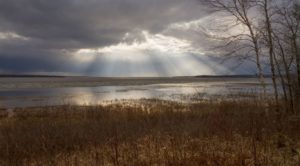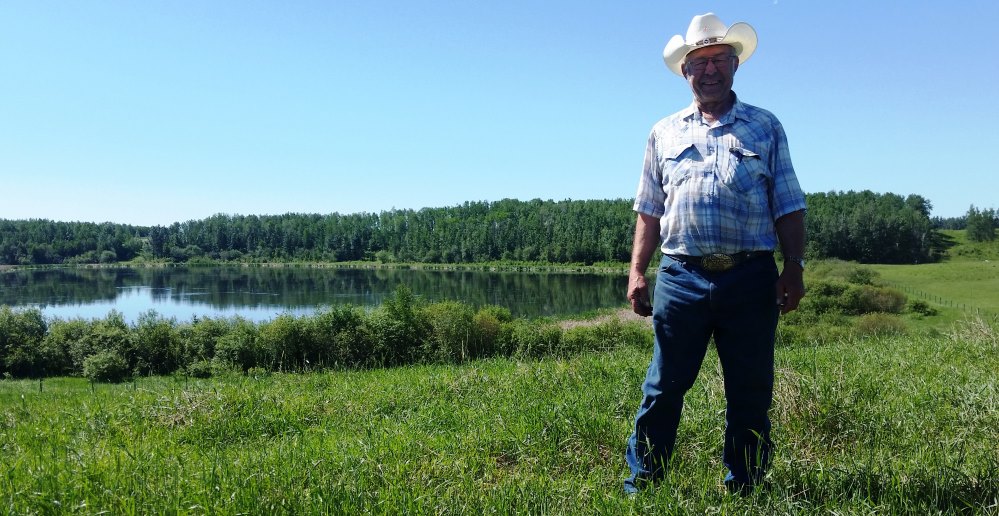A new initiative to evaluate the financial benefits of restoring and conserving natural infrastructure on agricultural lands in the Modeste Creek watershed in Alberta kicked off recently in Edmonton, Alberta, Canada.
The first annual meeting, which was held on February 5, 2019 at the Alberta Innovates offices in Edmonton, brought together all project partners: ALUS Canada, University of Guelph, Innotech Alberta, North Saskatchewan Watershed Alliance (NSWA) and Parkland County.
 The project will also help restore and enhance 650 acres of wetland and riparian areas in Wetaskiwin, Leduc, Parkland and Brazeau counties, through the ALUS program—areas identified as being a high priority for flood mitigation and water quality, and a moderate-high priority for drought by the Government of Alberta.
The project will also help restore and enhance 650 acres of wetland and riparian areas in Wetaskiwin, Leduc, Parkland and Brazeau counties, through the ALUS program—areas identified as being a high priority for flood mitigation and water quality, and a moderate-high priority for drought by the Government of Alberta.
There are three ALUS communities in this region—ALUS Parkland, ALUS Brazeau, and ALUS Wetaskiwin-Leduc—whose ALUS Partnership Advisory Committees will be instrumental in identifying the best sites to develop ALUS projects for the highest environmental impacts.
Work is on track, both in terms of the research component and the on-the-ground restoration and enhancement work being overseen by Christine Campbell, ALUS Canada’s western hub manager.
Following the meeting, Innotech Alberta and NSWA organized a half-day workshop to showcase the Modeste project research as well as other research taking place in the North Saskatchewan watershed.
Mary Ellen Shain of the NSWA gave opening remarks that included the important role of municipalities in setting watershed goals and meeting water-related objectives.
ALUS Canada’s Lara Ellis spoke about opportunities to save tax dollars and achieve many environmental and social benefits by investing in natural infrastructure to mitigate flood and drought and to improve water quality.
The workshop featured a series of “lightning talks” from the Government of Alberta, EPCOR, the University of Alberta, and two project partners, the University of Guelph and Innotech Alberta.
These very short presentations touched engagingly on new efforts in water-quality monitoring, watershed integrity, the impacts of climate change on water supply, risks to drinking-water infrastructure, the evaluation of ecosystem services resulting from restoration work, and the costs and benefits of natural infrastructure.
The workshop concluded with a discussion of future policy priorities and research needs, and insights on how to collaborate to ensure the best use of research and resources.
ALUS Canada received $720,000 as part of a new grant from Alberta Environment and Parks’ Watershed Resiliency and Restoration Program (WRRP) to fund the project in April 2018.
All photos courtesy of ALUS Canada. Featured photo shows rancher Eldon Geanya of ALUS Parkland.

